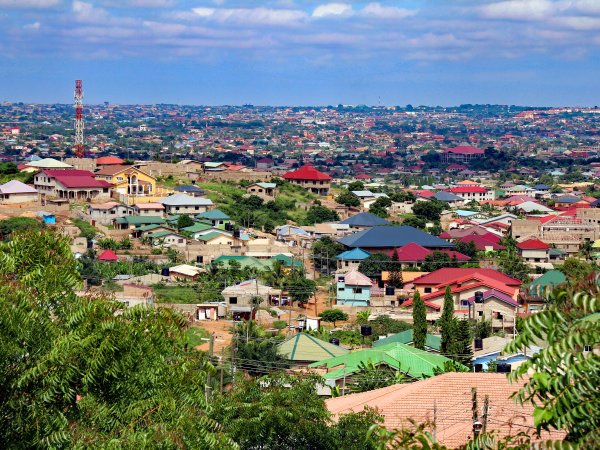Projects
Anthracite Nanoplatelets as Photothermal Agents for Polymer Recycling
Awarded: 2025 | Project Type: IEE Seed Grant
This project is developing a new way to recycle common plastics using tiny coal-based particles that are heated with light, aiming to reduce pollution and create cleaner, more efficient, and more widely applicable recycling.
Biomanufacturing Platform to Integrate Dairy Wastes into Circular Bioeconomy
Awarded: 2025 | Project Type: IEE Seed Grant
This project develops a sustainable biomanufacturing platform to transform dairy processing waste into biofuels, renewable chemicals, and sustainable foods, supporting a more circular food and energy system.
Conductive Polymer + Au/TiO2 Composites for Energy Storage
Awarded: 2025 | Project Type: IEE Seed Grant
This project is designing and developing new polymer materials that can safely store and release hydrogen gas, which could help create better, cleaner energy systems in the future.
Development of Spin-Polarized Nano-Metal Catalysts
Awarded: 2025 | Project Type: IEE Seed Grant
This project is exploring how to control the properties of tiny structures in metal materials to enhance chemical reactions, such as CO2 reduction, potentially leading to cleaner industrial processes.
Dry Electrolysis for Recycling CO2 to Renewable Hydrocarbon Fuels and Chemicals
Awarded: 2025 | Project Type: IEE Seed Grant
This project explores how applying electric fields to carbon materials can make CO₂ conversion more energy-efficient, creating a sustainable source of fuel components for cleaner energy systems.
High-Throughput Screening of Human Gut Bacteria Response to PFAS Exposure
Awarded: 2025 | Project Type: IEE Seed Grant
This project investigates how PFAS chemicals influence the gut microbiome and its role in human health, aiming to reveal hidden effects of environmental exposure and improve our understanding of disease risk.
Low-Cost Smart Energy-Efficient Windows Using Temperature-Sensitive Shape-Memory Polymers
Awarded: 2025 | Project Type: IEE Seed Grant
This project seeks to develop a smart window that automatically responds to outside temperatures using a special heat-responsive polymer, reducing energy use in buildings.
Preparing for Future Long-Distance Wildfire Smoke Events: Insights from Public Perception, Behavioral Responses, and Information Uncertainty in the U.S. Northeast
Awarded: 2025 | Project Type: IEE Seed Grant
This project is studying how people in the Northeast U.S. learn about and respond to wildfire smoke from far away, and how to improve trust and preparedness by making air quality information more accurate and easier to understand.
Resilient Transmission Planning Under Extreme Event Uncertainty
Awarded: 2025 | Project Type: IEE Seed Grant
This project is developing new tools to help make the electric grid more reliable by identifying rare but serious events, such as extreme weather or sudden power surges, so planners can better prepare for them.
Understanding Community Participation and Decision-Making Processes for Groundwater Management in India
Awarded: 2025 | Project Type: IEE Seed Grant
This project studies how people in different parts of India are participating in a major government program to protect groundwater, aiming to understand what’s working and to help improve the program as it expands.
A Spatiotemporal Analysis of Community Power Outage Impact under Extreme Weather
Awarded: 2024 | Project Type: IEE Seed Grant
This research is studying how power outages affect homes and people during extreme weather, considering factors like building types, resident demographics, and resident behaviors, to help communities prepare better.
Assessing Front-Line Health Workers’ and Community Members’ Awareness of the Link between Climate Change and Ebola Virus Disease in Ghana
Awarded: 2024 | Project Type: IEE Seed Grant
A research team is studying how climate change affects Ebola spread in Ghana and assessing healthcare workers' and community members' knowledge and attitudes to improve preparedness and prevention strategies.












